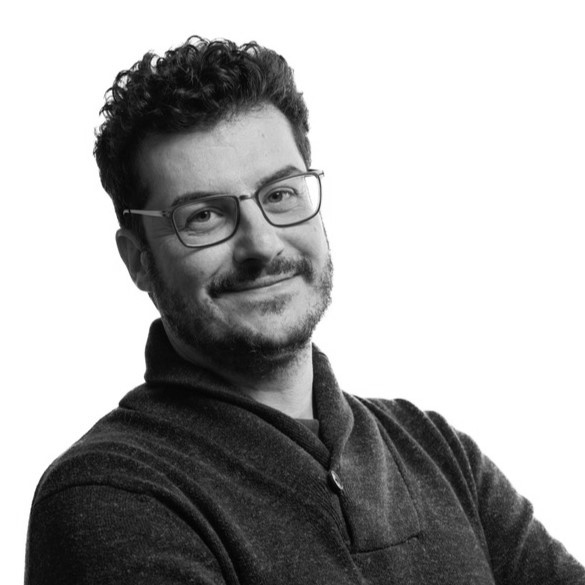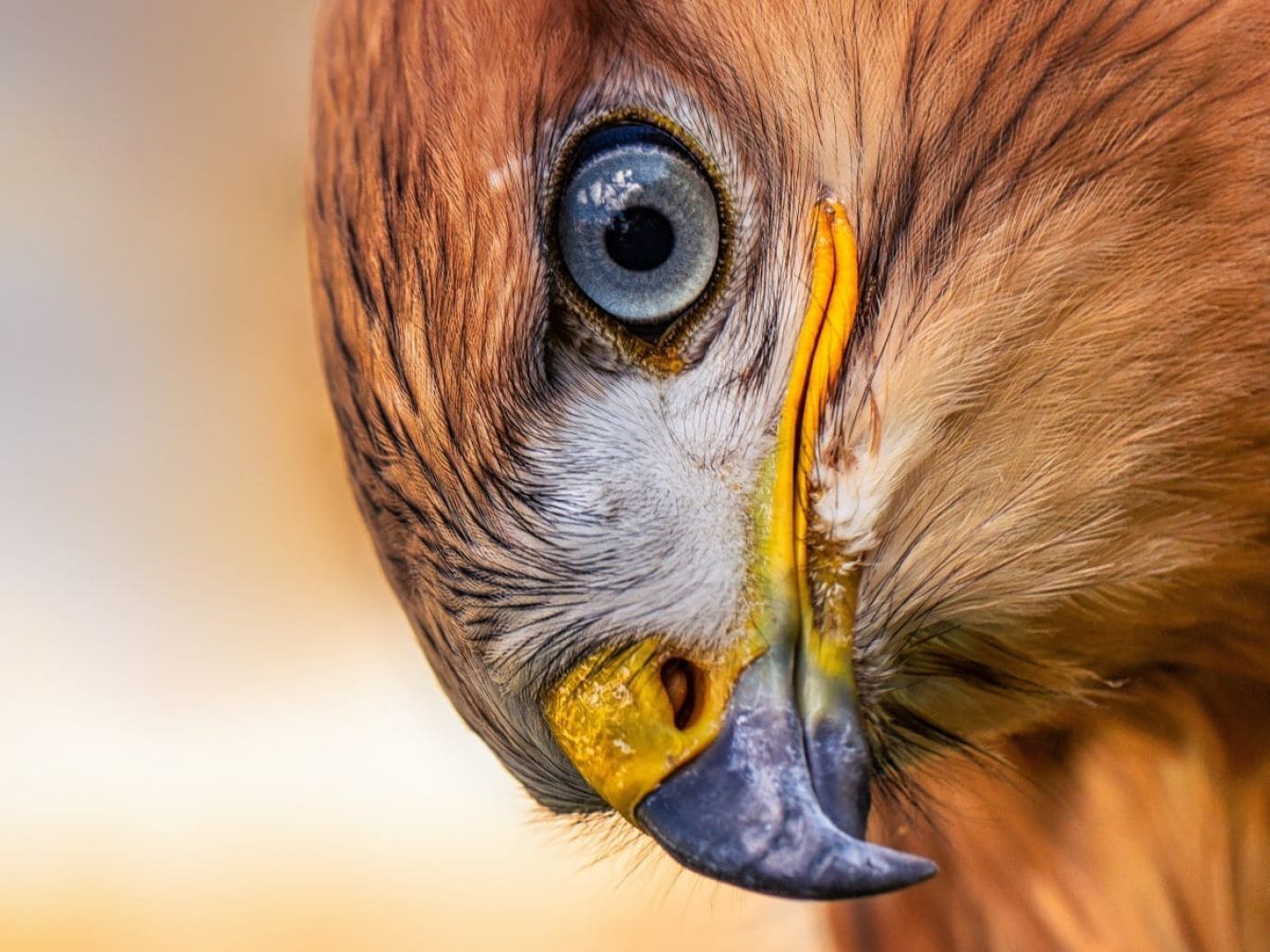This article is also available in Italian / Questo articolo è disponibile anche in italiano
Until the age of 18, I was a vegetarian. Veganism existed as a practice, but the word had not yet arrived and spread in Italy. My mother, also vegetarian (and my father macrobiotic), prepared excellent legumes, rice and vegetables, pasta, frittatas from time to time, and cheese was never absent.
In the 1980s, not eating meat was a social stigma: my classmates teased me; their parents tried to force a piece of mortadella on me at birthday parties to corrupt my vegetarian ethics; at roadside restaurants, if you asked for a sandwich without meat, they would ask if prosciutto was fine too. Imagine the shock of visiting a local slaughterhouse in third grade! Gradually, I introduced fish and white meat into my diet, more out of convenience (and taste) than true ethical conviction. At 19, I left home and entered a world where vegetarian restaurants were fewer than Michelin-starred ones. Travelling constantly, my vegetarian ethics fell by the wayside.
In the West Bank in 2003, while doing humanitarian volunteer work during the Second Intifada, I found it impossible to refuse the freshly slaughtered ram from my neighbours' family: it would have been a terrible affront. In 2015, I found myself on the banks of the Senegal River, close to Mauritania, having to slaughter a chicken offered by the little girl who was hosting me and photographer Giada Connestari. We didn't succeed, much to the amusement of those present.
As a journalist, I have worked extensively on climate, energy, materials, and water. Less so on animal affairs. Even though in 2022, I found myself as the only Italian journalist at COP15 on biodiversity, the last major negotiation to protect plant and animal diversity.
I can identify with anti-speciesism, but I struggle to embrace a vegetarian or vegan diet. I am in favour of legal rights for animals, but I am annoyed by the humanisation of pets. I struggle to be totally opposed to animal testing, but I empathise with the suffering of all wild species humiliated and colonised by humans. I live in Trentino, and I am one of those who support bears, wolves and golden jackals.
These are strong contradictions that are not easy to resolve. Maximalist answers have always frightened me, especially when we are in the midst of an important and constant process of transition, as we are in this era. At a time when morality and ethics towards our fellow human beings (solidarity, brotherhood and sisterhood, peace, sustainability, inclusion, equality, freedom, civic-mindedness) are faltering, animal ethics struggle to find the space they deserve in the evolution of human consciousness, despite the great work that has been done in recent years by anti-speciesists and animal rights activists. Long gone are the days when the ALF (Animal Liberation Front) was a few hundred activists, reduced to an eco-terrorist group. But reflection on the issue remains the prerogative of a minority.
This issue of Renewable Matter reflects the spirit of the times and the contradictions faced by people like me, confronted with complex choices and tasked with carrying out a transition that is anything but simple. We wanted to explore the theme of animal ethics and political philosophy with interviews with Philip Lymbery, global CEO of Compassion in World Farming International, and Dutch philosopher Eva Meijer, one of the most original voices in new critical animal studies, but also to understand and frame the global macroeconomics of livestock farming with Aimable Uwizeye, Livestock Policy Officer at FAO.
We then delved into the circular economy of food production waste and materials derived from animal exploitation, studying the major issues of fish farming, insects as food and alternative proteins. Thanks to investigative journalist Rudi Bressa, we provided an in-depth overview of the illegal trade in protected species, and with Giorgia Marino, we investigated the issue of medical and scientific experimentation on vertebrates.
But if animals as a product are still a pillar of the global economy, what surprised us was the pet economy, or rather the business behind non-service pets: a genuine consumer boom linked to dogs, cats and other animals, with private jets for pets, luxury spas and medical centres of excellence. This is yet another evolution of our contradictory relationship with animals, which fluctuates between capitalist exploitation, colonialism, animalism, speciesism, degradation through humanisation, zoophilia, fetishism, and zooerasty (from the Greek ἐραστής, erastès, lover).
Here, then, is a guide to reading this issue. We have done our journalistic work and stuck to the facts, maintaining an approach that reflects as closely as possible the contradictions that have been much debated in the editorial office. Both animal rights activists and those working in animal-related industries may be dissatisfied. But like all good journalism, when no one is happy, it means that we have tried to do our best to report on the current state of the relationship between the economy, humans, and the rest of the animal kingdom. Please send us your feedback: it will be further food for thought for us.
DOWLOAD AND READ ISSUE #58 OF RENEWABLE MATTER: ANIMALS
Cover: Shutterstock



